My history with the Law Clinic
I have been a part of the Law Clinic from inception, in the days when the Law School occupied the basement of the now-demolished Stenhouse building. When I initially joined, it was a completely novel idea back in 2003, when no one really knew what a Law Clinic was, or what we would do. Nonetheless, as fresh law students, we all bought into Professor Donald Nicholson’s vision to help bridge the gap in legal services for the population of Glasgow.
During my time in the Law Clinic, I met a host of characters who helped shape me as a practitioner to this day, including Anabel Fowles and Kate Laverty, the lynchpins upon whose hard work and dedication the Law Clinic went from strength to strength. We were also fortunate to have outstanding practical advocacy training from Charles Hennessy and inspiring lectures on street law from Professor David McQuoid-Mason. Being a part of the Law Clinic really helped me find a purpose, having drifted into law school pretty much because my grades allowed me to.
I took the opportunity to become more immersed in the Clinic, sitting in the executive committee as external relations officer, a firm manager and as a paid summer student.
These days
Nowadays I practice in employment law, something which I got my first taste of in the Clinic. I work for a national firm and deal with all areas of this sector, from advising on a day-to-day basis to contentious litigation. Since completing the diploma in legal practice, I’ve made sure to stay involved with the Clinic. I do this by supporting Clinic students with work-experience opportunities shadowing me, and volunteering at the evening drop-in advice clinics for clients who need urgent assistance on employment matters.
Being a part of these initial advice clinics is one of the things I am most proud of in my career, and it helps keep me grounded. I don’t come from a particularly affluent background; my parents always brought me up to ensure I help those less fortunate than myself and I find myself lucky to be able to do this by assisting the Law Clinic and its clients. Being able to advise the Law Clinic on rolling out online appointments for those in need during the pandemic is something I have put on my CV as it is something I am always happy to share.
Many of my ex-colleagues were also members of the Clinic, it seemed as though my firm naturally found Clinic alumni to be well-rounded traineeship candidates. To leave a legacy of this behind is something I am delighted with. Working on the initial advice clinics with other colleagues is also enjoyable and I take pride in seeing their enthusiasm for helping the Clinic’s clients.
I was in a Hearing in Leeds Employment Tribunal recently and when I mentioned the support the Law Clinic can offer remotely, the Judge informed me he was aware of the Clinic and its services. This gave me a huge sense of satisfaction.
Favourite memory
The highlight of my time in the Law Clinic is without a doubt working as a summer student when the University was on break. Just because classes were finished, it did not mean that cases also came to a stop. Each summer the Clinic employs students to carry on the case work. Having the opportunity to work as a summer student with others was an incredible experience. It felt like we were working in our own little law firm, coming in for a day’s work, progressing our cases, meeting clients, attending hearings and seeking advice from supervisors. Working together with the other students has built lifetime friendships and connections. It also helped put into practice what was in the textbooks.
Valuable lessons
For me, I took away so much from my time as a student adviser (and still do as a volunteer solicitor). Perhaps the most important lesson was to focus in on trying to understand what a client’s desired outcome was and then to try and find a way to get to this. It wasn’t always about writing a formal letter and drafting pleadings, sometimes a telephone call to the other side, helping to explain our client’s position could allow for resolution. It was definitely intimidating liaising with practicing solicitors, I was mindful that I didn’t want to come across as daft or ignorant, but the support of the supervisors ensured everything was quality-checked before I was let loose on the members of the profession. Being able to help real people with real problems also engrained my desire to use my skills to support people wherever I could.
Being Clinic alumni has also helped in private practice. I routinely refer and have had work referred to me from friends who I met in the Law Clinic. We have remained friends and supported each other in our careers.
The need for the Clinic
Law Clinics in general offer a vital service which is unfortunately needed now more than ever. Students may not often appreciate just how important the work they do for clients is. I’ve seen the clinic be used as a CV builder over the years. It should be much more than that. If that’s all you use it for, then you’re missing out on one of the most rewarding aspects of being a student at the Strathclyde Law School. And if you’re going for a training contract or a job and you have Clinic alumni interviewing you, I can guarantee we will want to know about what you’ve done in the Clinic in some detail…What students do for clients can be truly life changing. It can be thankless, there can be agitation on the part of clients, things can progress slowly, but it genuinely enriches peoples’ lives to have someone who listens to them and is seen to fight for them when they feel they have no other recourse.
Takeaway
It gives me real encouragement to see crop after crop of dedicated students signing up to be part of the Law Clinic and to enhance their own reputations and that of the Law Clinic. From first-hand experience, the Law Clinic is now well-known amongst the judiciary in Scotland, as well as in England as a provider of quality representation. Litigants in person at the Employment Tribunal are often told to seek an appointment with the Law Clinic these days. That is a testament to students and staff, past and present. Going forward, I hope to remain as involved as I have been over the last number of years. Towards the end of the year, for example, I plan on taking volunteering leave from work to run an Employment Tribunal advocacy session for students, along with other Clinic alumni.
I secured my traineeship with the firm against which I was able to settle a case, for the highest ever award in the Law Clinic at the time and I was interviewed by the Solicitor I was against. Going forward, I look forward to seeking many other clinicians enter the legal profession and remember their roots.
We are hosting an event on campus to celebrate our 20th Anniversary on the 21st September 2023. This will provide an opportunity for past and present advisors and friends of the clinic to come together and discuss the issues facing access to justice in our main practice areas: employment, regulation of social service workers and immigration. You can sign-up via the link below:
https://www.eventbrite.co.uk/e/strathclyde-law-clinic-20-year-anniversary-improving-access-to-justice-tickets-660477244217?aff=oddtdtcreator
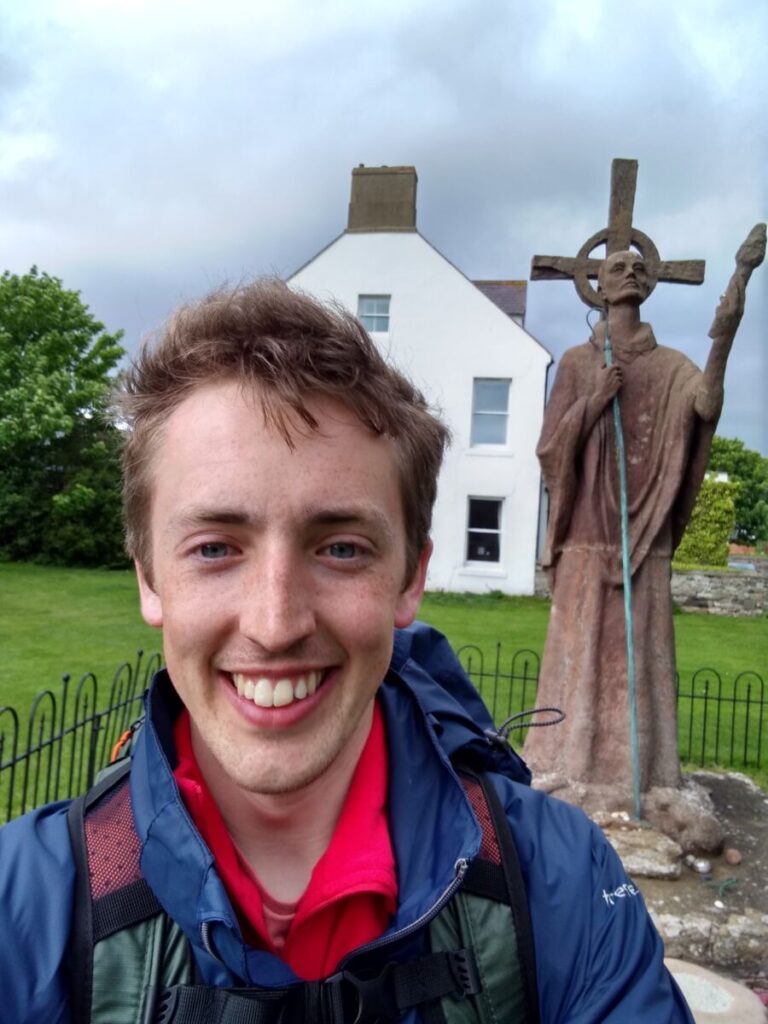


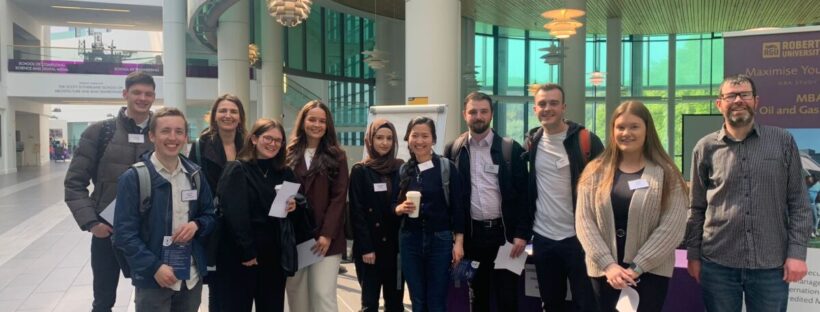
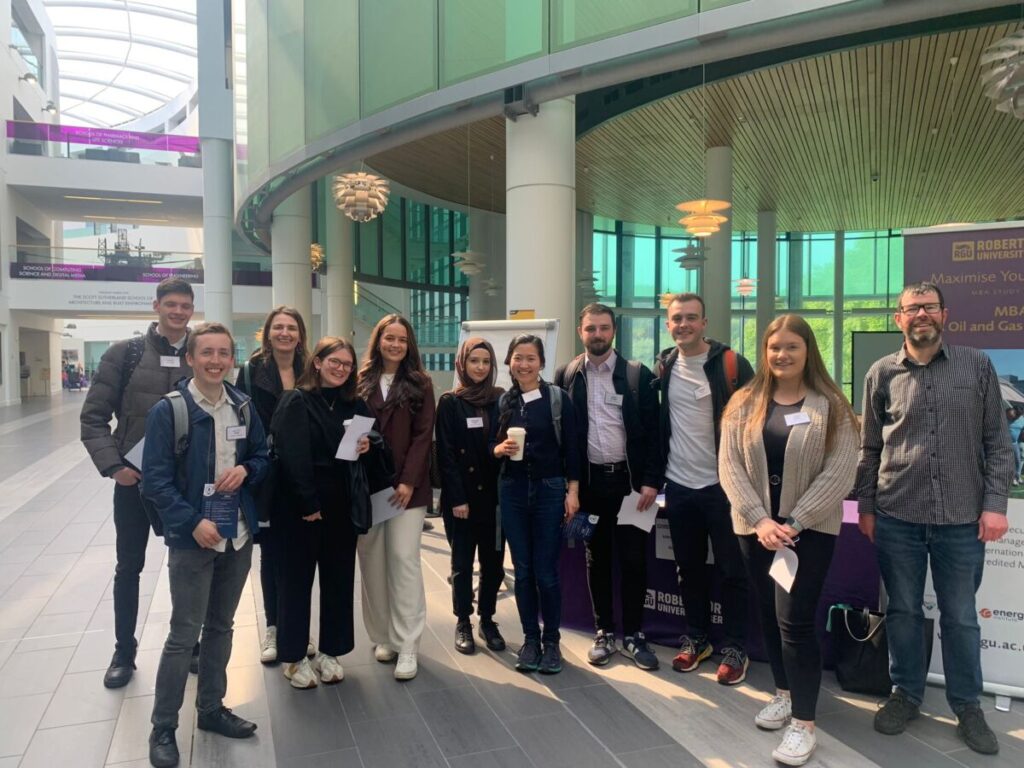
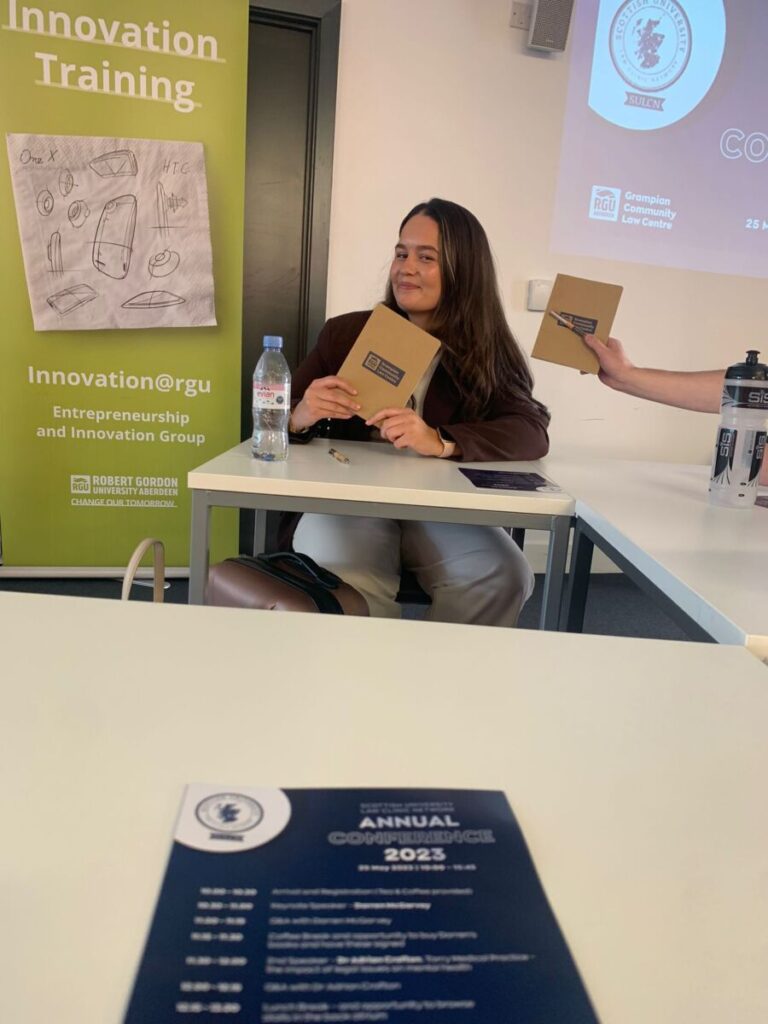
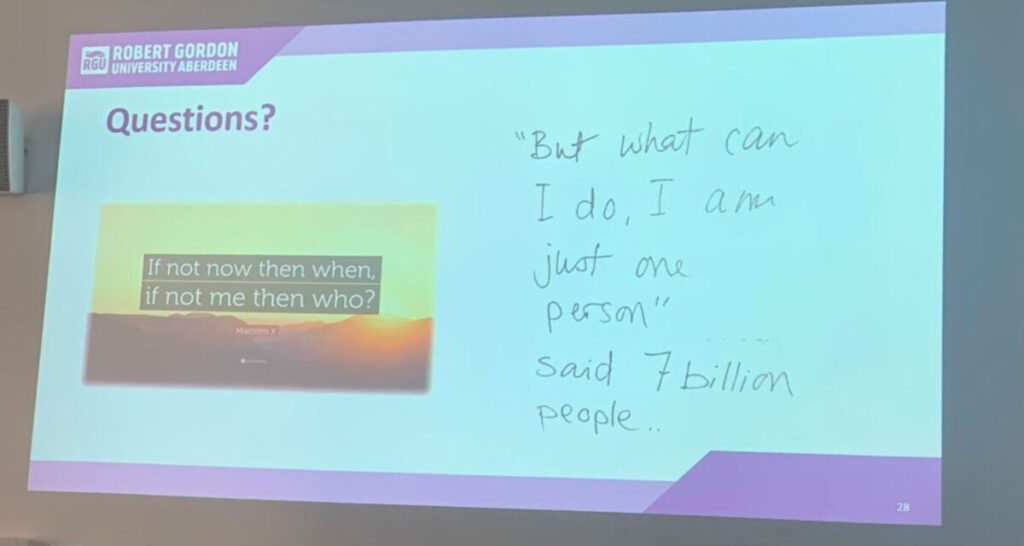
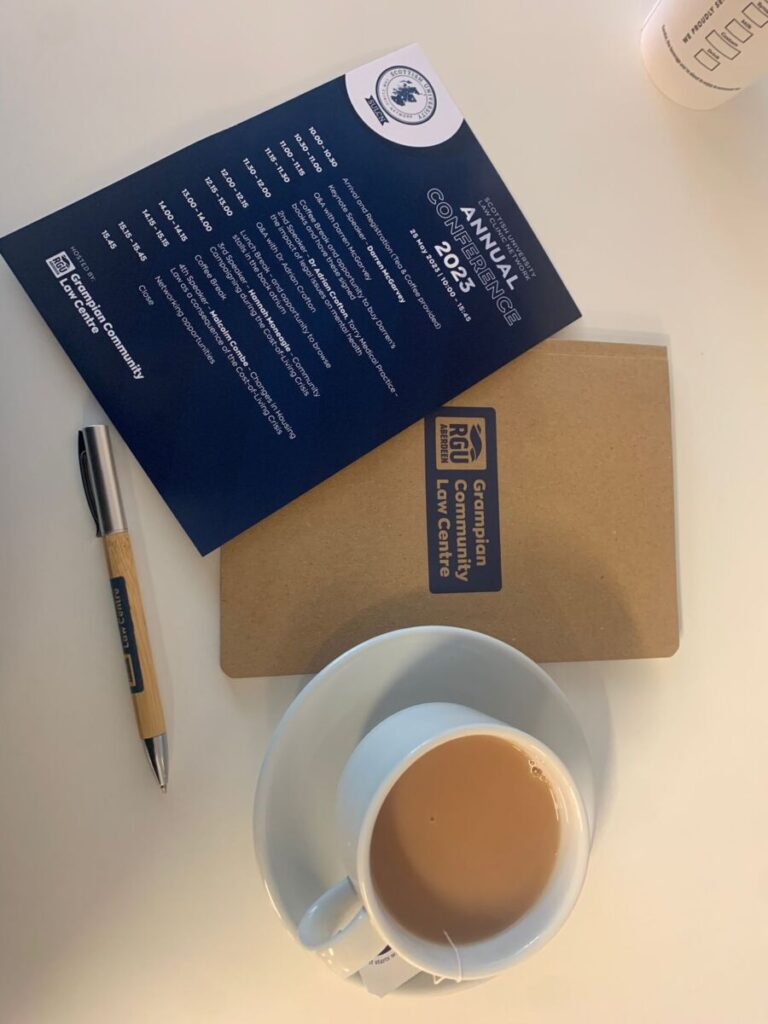
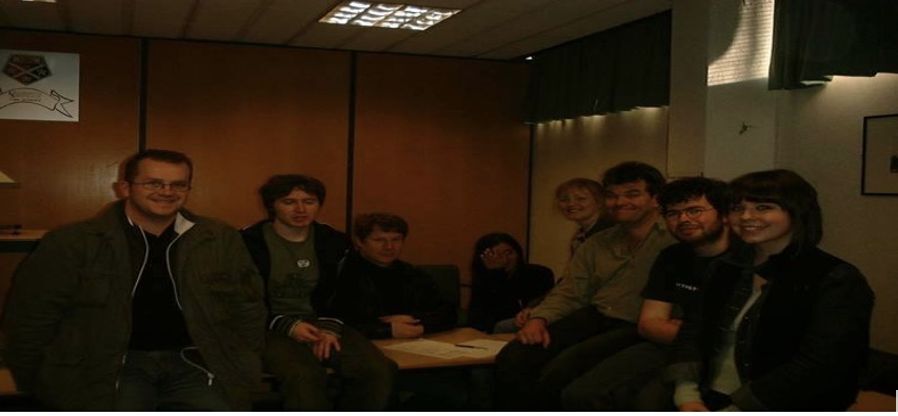
We look forward to welcoming a range of speakers across the evening, and taking the time to reconnect with old friends, and meet new ones.
For those of you who haven’t yet signed up, you can do so via the link below:
https://lnkd.in/er6Gk6j7